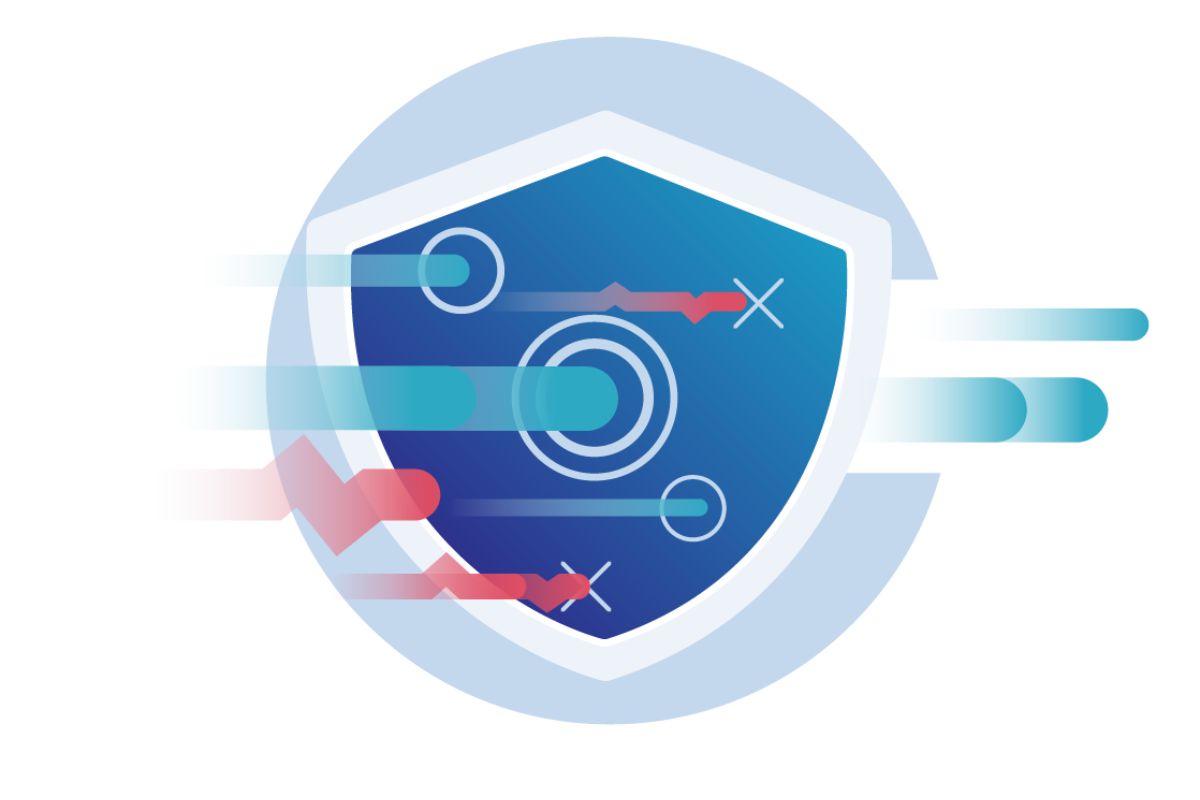A secure web gateway also called an SWG, is a type of network security solution that stops harmful traffic from getting into an organization’s internal network. It helps with business cloud security by keeping users and employees from going to dangerous websites and stopping viruses and malware from getting in. The SWG acts as a checkpoint between an organization’s private network and the public internet. It is usually at the edge of the web or in the cloud, and it sees both inbound and outbound traffic.
How Exactly Do Safe Web Gateways Function?
An SWG is usually a software- or hardware-based solution installed on endpoint devices or devices at the network’s edge. Another choice is to use a solution that is hosted in the cloud.

In either case, all traffic must go through the gateway first to be looked at. The gateway is in charge of keeping an eye on traffic flow in both directions, from the end user to the web and back to the end user. So, it protects against insider risks that have to do with the leakage of private information and web-based attacks from the outside.
Must Check
- How To Use Apple Pay At Marshall? (Complete Guide 2022)
- How To Buy Nevermore Academy Jacket And Wednesday Uniform?
Why Should You Use A Safe Gateway To The Internet?
In the past, most business activities took place on the company’s private network. But businesses need to use the Internet in addition to or instead of their internal private networks because they depend more and more on remote workers and cloud computing. It also applies to online businesses that trade, make financial transactions, or exchange personal information. As an e-commerce owner, offering different payment methods is essential, but it’s just as important to encrypt each method to keep customers safe.
Also, the sheer number and variety of threats on the Internet, such as phishing scams and websites with malware, have made SWGs an absolute must-have for many businesses.
How Exactly Do Secure Web Gateways Make Sure That Security Rules Are Followed?
A security policy is a set of rules that all of the data and network traffic inside an organization must follow. To make this policy work, you must block all websites that don’t use HTTPS. This policy can be put into place in a number of ways, including by using a secure web gateway, which can filter out all network traffic that isn’t HTTPS.
SWGs can do a number of things to make sure that security rules are followed:
URL Filtering
The URL of a website is the string of text that appears at the top of a browser window when a webpage is loaded. So, URL filtering is a way to decide which websites a user can open.
URL filtering usually involves using a blocklist, a list of known malicious websites that can’t be accessed. If a user tries to load a website on the blocklist, the SWG will stop the request from being processed, and the website will not load on the user’s device.
Anti-Malware Scanning
It means they look at the data sent over the network to see if it matches the code used by known malicious software. Some gateways also use “sandboxing” to look for malware. This method involves running potentially dangerous programs in a small area to see how they work. If the gateway finds any bad software, it will turn it off.
Inspection of Web Traffic in Real-Time
A secure web gateway will check web traffic in real time, comparing the website’s content to the company’s rules and ensuring that any content that isn’t appropriate or goes against the rules will be blocked. Most solutions for secure web gateways let administrators enforce standard security policy templates right out of the box. They also allow them to define rules specific to their business model or compliance needs.
Protection for Workers on Cloud
Security solutions protecting any place, time, and device are becoming increasingly important. This is because it’s becoming more common for people to work in different places. With the help of a secure web gateway, people who surf the web can easily prove who they are and have the same safety rules applied to their devices as if they were working in the office. Because of this, they can be sure that all internet traffic is safe, no matter where they work.
Access Restrictions Based on Time and Content
If you need to limit access to the internet during certain times of the day, your secure web gateway can be changed to fit your acceptable use policy and compliance standards. Users may be given time limits or schedules meant to help them be as productive as possible, or they may only be able to visit websites relevant to the work they do at the company.
This is a typical Cross-Site Request Forgery #CSRFF) attack.
Perimeter level CSRF defence thwarts almost all #Phishing attacks, including those preceding a #Ransomware.#SafeSquid's "Elevated Privacy" feature enables controlling…https://t.co/TYCpw7MSPp https://t.co/30mXZmlpHh— Secure Web Gateway (@SafeSquid) May 1, 2020
Data Leak Prevention
As the name suggests, data leak prevention keeps your company’s information safe by stopping it from being given to or taken by an unauthorized third party. When used with apps that stop data leaks, a web security gateway can be a very strong defense against both internal and external threats. This can be done by finding common business terms like payment card industry number patterns, phrases, and personal information.
For more tech-related updates, Stay tuned to our website NogMagazine.com.